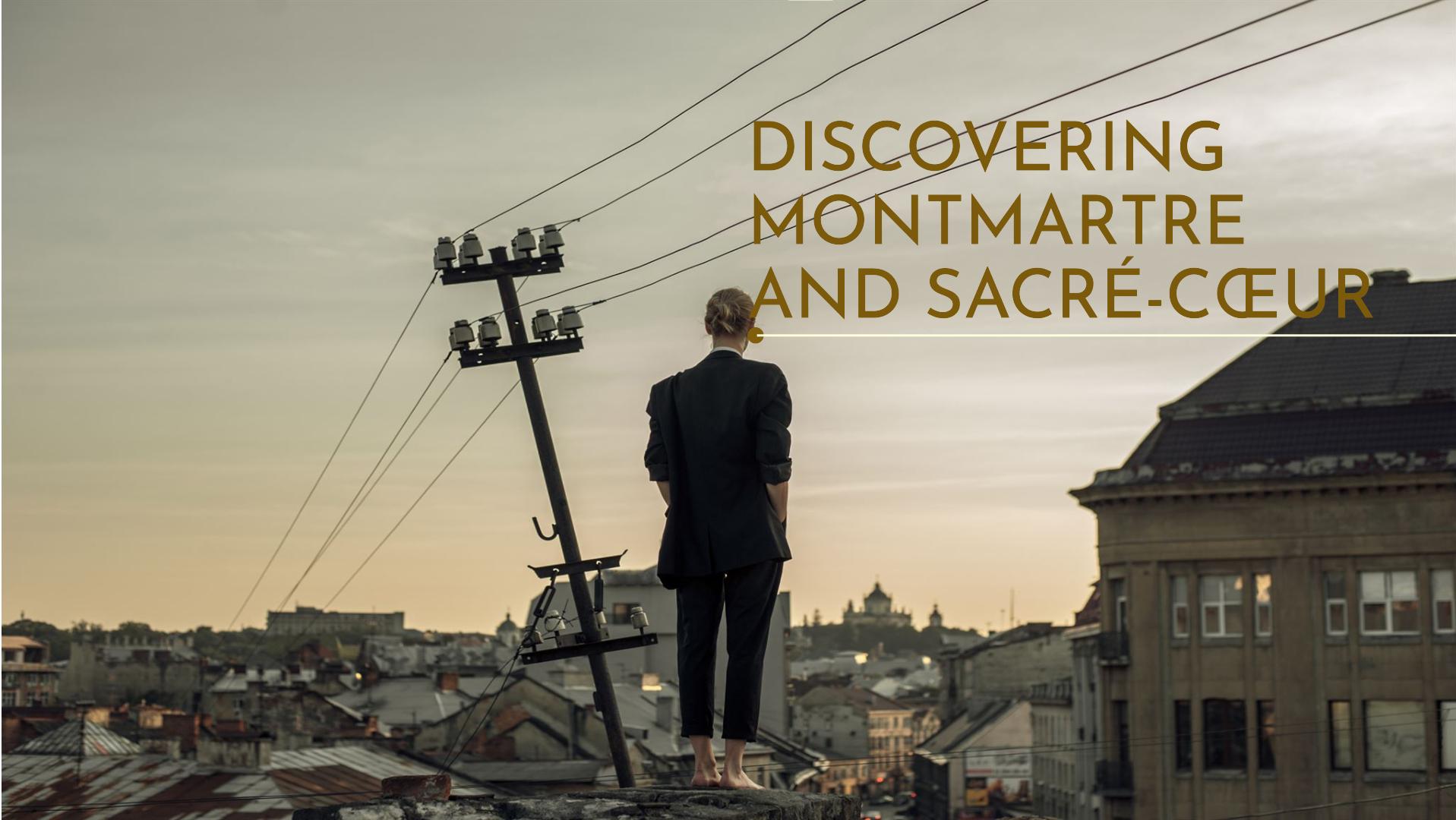When in Paris, there’s one place you simply can’t miss — Montmartre. Known for its unique village charm, this iconic neighborhood offers a glimpse into the city’s artistic history. The Basilica of Sacré-Cœur, sitting proudly atop the hill, is undoubtedly one of the most popular landmarks, drawing countless visitors every year. In fact, it ranks as the second most visited tourist destination in Paris, only after the Eiffel Tower.
Though some locals may argue that the area has changed over time, Montmartre still holds its special personality and is absolutely worthy of a visit. The stunning views from the Basilica's steps alone are enough to leave you in awe, providing a perfect blend of historical beauty and modern-day energy. Whether you’re here for the art, the history, or just to soak in the atmosphere, Montmartre will surely leave you captivated by its charm.
History of Montmartre
Montmartre has long been the heart of Paris' artistic scene, known for its Bohemian movement. In 1871, the locals revolted against the government, forming La Commune, a movement that may have lasted only a few months, but left a lasting legacy. Today, people born here proudly call themselves Montmartrois or even bobos, short for bourgeois bohemians. The area has become more gentrified over time, much like Greenwich Village was to NYC in the 1970s, but it still holds its historical charm. Many famous artists such as Henri de Toulouse-Lautrec, Renoir, Modigliani, Apollinaire, and Picasso lived and worked here.
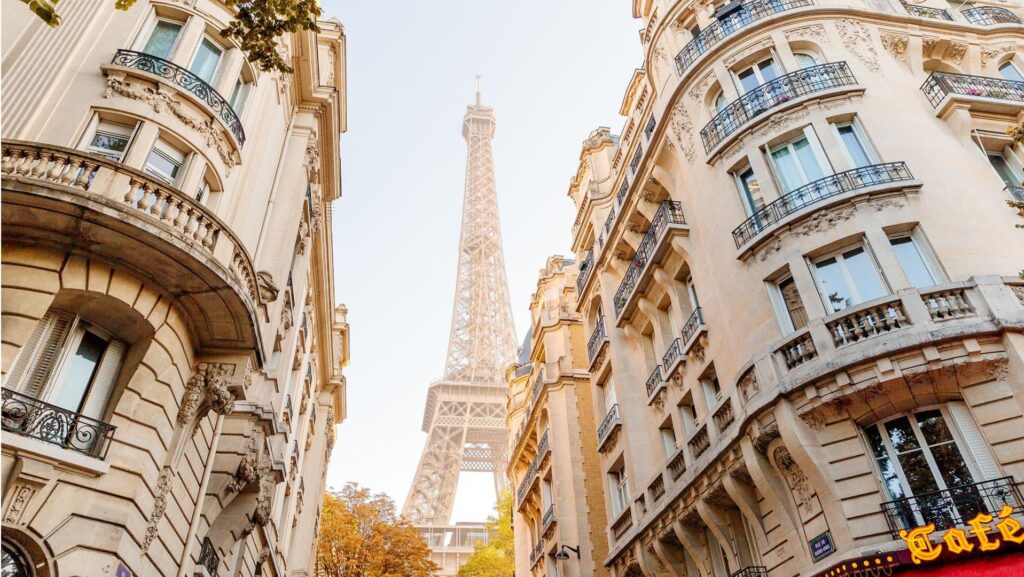
They often frequented cabarets, including the iconic Au Lapin Agile, which continues to operate as a cabaret venue today. The Moulin Rouge on Boulevard de Clichy remains one of the most famous French cabarets, and was the inspiration for Toulouse-Lautrec's famous poster of La Goulue, as well as the 2001 movie and Broadway show. Although the neighborhood is now more tourist-centric with eateries and shops, you can still find an authentic experience if you venture beyond the busy spots. Despite its more jaded and expensive side, Montmartre remains a charming place, with the Basilica of Sacré-Cœur standing as the jewel of the area. The white domes of the Basilica offer powerful, imposing views from the top of the hill, making the journey up feel like a pilgrimage. Even with the tourist invasion, the view and the beautiful basilica make the experience memorable.
Getting to Montmartre
To reach Montmartre, head to the 18th arrondissement of Paris, easily accessible via the Metro. You can take Lines 2 or 12 according to Trainline recommendations, with the nearest metro station being Anvers on Line 2, or Pigalle on both Lines 2 and 12. If you want to explore a bit more of the area, you can also get off at Blanche near the Moulin Rouge, or Abbesses and Lamarck-Caulaincourt. For easier navigation, consider getting a Navigo card instead of dealing with the paper ticket machines.
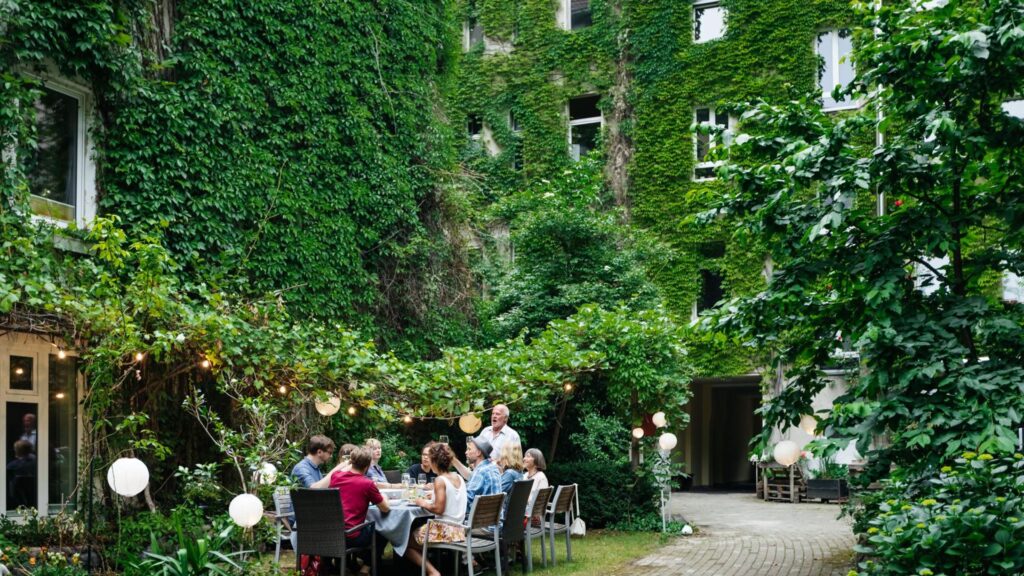
If you're looking for more information on traveling via Public transport or RER, the Tourist office provides useful details. Once you arrive at the neighborhood, get ready for a trek up the hill of Montmartre. You have the option to ride the Funicular (or funky railroad, as I call it) from Gare Basse Funiculaire, or if you're up for it, take the steps—there are 270 to the summit! It's a colorful trek with plenty of stops along the way to take in the city. The experience feels unique and adds to the neighborhoody vibe of this charming part of Paris.
Highlights of the Basilica of Sacré-Cœur
The Sacré-Cœur Basilica, located at the summit of the butte of Montmartre, stands as a stunning Roman Catholic Church and minor basilica. It's also a national historic monument. Visitors can enjoy free entry, though it's important to maintain a respectful atmosphere as it remains an active place of worship. The Dome offers panoramic views of Paris's skyline, but there is a fee for access to it. Inside, the magnificent mosaic of Jesus Christ above the altar is one of the largest mosaics in the world, completed in 1922.
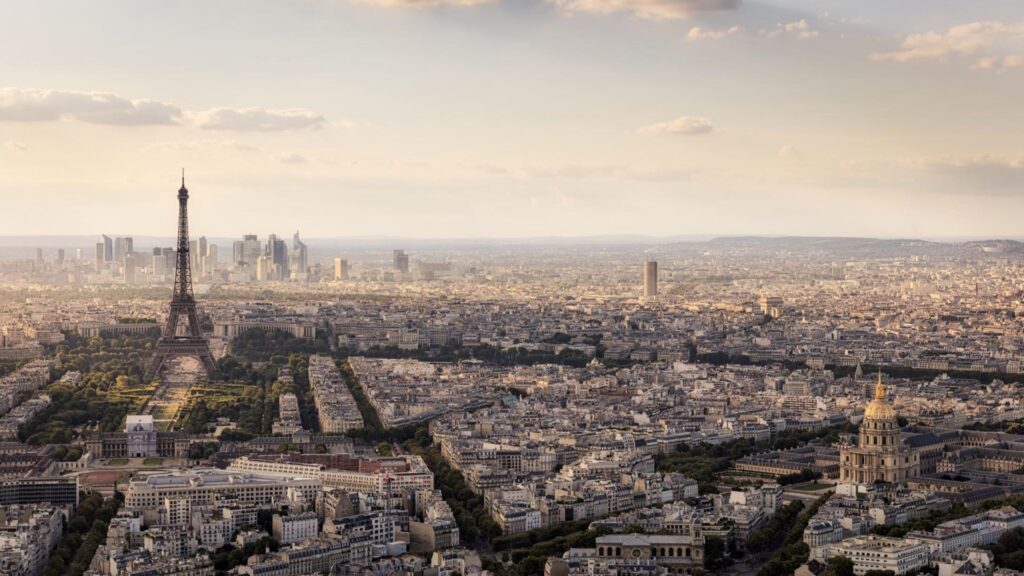
You can also spot equestrian statues of Joan of Arc and King Louis on horseback outside. The bell of the basilica, weighing 19 tons, is one of the heaviest in the world. Built in 1895 in the French Alps, it adds to the basilica's grandeur. Whether you're taking a guided tour or using the audio guide on your device, the basilica’s beauty and historical significance make it a must-see during your visit to Montmartre.
Great views of Paris from Montmartre
From Montmartre, you can enjoy one of the finest views of the City of Lights, with the Eiffel Tower and Arc de Triomphe clearly visible from the summit. Even on a cloudy, drizzly day in January, the sight is still magical and adds a romantic touch to Paris. Situated high above the Seine, the basilica offers a unique vantage point, looking out over the suburbs and the city itself.
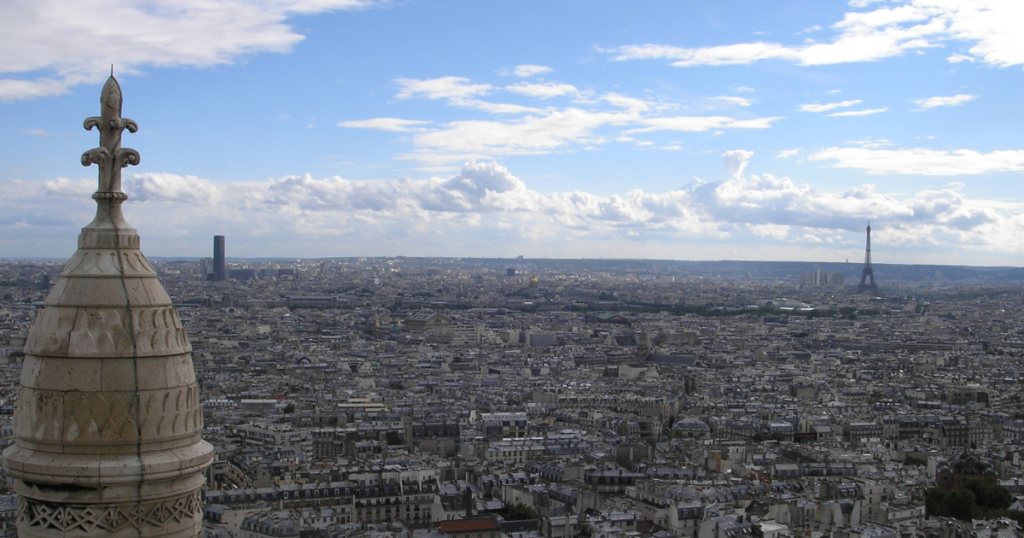
If you're seeking an even higher vantage point, you can climb the 80-meter dome, though the standard view is already breathtaking. Many people bring their wine and cheese to watch the sunset, though it can get a bit touristy. Visit on a weekday for a peaceful experience. For sunset, try Galeries Lafayette’s terrace for stunning views of Paris, including the Eiffel Tower and Montmartre hill.
What else is there to see around Montmartre?
Explore Beyond Sacré-Cœur
When you’re in Montmartre, there’s much more to explore beyond the famous Sacré-Cœur basilica. Just a short walk from Place du Tertre, you’ll find a mix of touristy spots and hidden gems.
Dali Museum and Moulin Rouge
The Dali Museum on Rue Poulbot displays Dali's works, and the Moulin Rouge on Boulevard de Clichy is known for can-can performances.
Rue des Saules and Rue Norvins
Stroll Rue des Saules and Rue Norvins to visit La Maison Rose, a pink restaurant once frequented by Picasso.
Museo de Montmartre and Renoir Gardens
Visit the Museo de Montmartre with its Renoir Gardens and the quirky Paris Duck Store on Rue Yvonne le Tac.
Montmartre Cemetery
For a more peaceful stop, head to Montmartre Cemetery, where famous figures like Edgar Degas rest.
Safety Tips
The area is mostly gentrified, but stay alert for pickpockets and scammers near tourist hotspots.
Is Montmartre worth it?
If you're visiting Paris, you can't miss Montmartre, one of its most unique districts. While you’ll encounter some tourists, it's part of the experience. Sacré-Cœur is a must-see, even if you don't go inside the basilica. The breathtaking views of old Paris from the hilltop are something to admire. Be sure to take some photos to capture the beauty, and maybe even grab a duck souvenir for fun. Montmartre is an essential part of experiencing the charm of Paris.
FAQs
Is Sacré-Cœur Basilica free to enter?
Entry to Sacré-Cœur is free, but the dome access has a small fee for panoramic views.
What are some other attractions in Montmartre?
Beyond Sacré-Cœur, explore the Dali Museum, Moulin Rouge, Place du Tertre, La Maison Rose, Museo de Montmartre, and Montmartre Cemetery. Don’t forget to check out the quirky Paris Duck Store for a fun souvenir!
What is the best time to visit Montmartre?
If you want to avoid the crowds, visiting Montmartre on a weekday is ideal. The weekends tend to be busier, especially around the Sacré-Cœur.
Are there safety concerns in Montmartre?
Montmartre is generally safe, but watch for pickpockets and scammers in crowded spots like Place du Tertre. It's best to keep your valuables close and use common sense when exploring the area.
Conclusion
Montmartre is one of Paris's most iconic and unique neighborhoods. Montmartre, with its artistic history, stunning views, and the magnificent Sacré-Cœur Basilica, offers an unforgettable glimpse of old Paris. Despite its touristy vibe, it retains its charm, making it well worth a visit.
